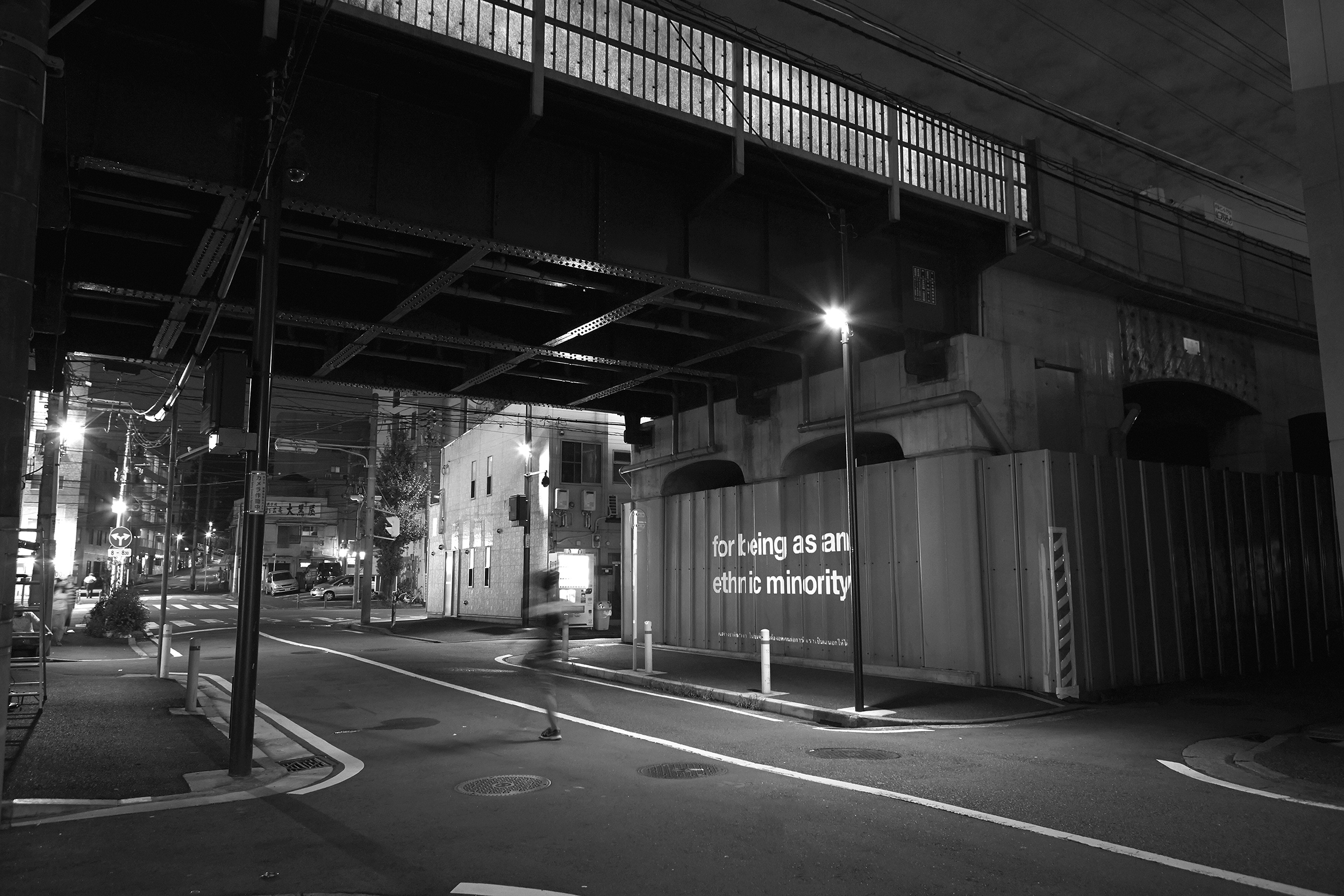Piyarat Piyapongwiwat
Meet visual artist from Chiang Mai, Piyarat Piyapongwiwat.

Tell us a little bit about yourself.
I am visual artist living in Chiang Mai. I engage with a wide variety of mediums that includes moving image, photography, text, mixed media and installation. My multidisciplinary works and art practice reflect my experience and surroundings, and investigate contemporary social and cultural issues such as gender, subculture, notion of margin, political difficulties, cultural economy and its transformation through globalisation. My research-based works usually engage with my own interest and are informed by anthropology, social science and philosophy.
Describe the city you’re living in and what it’s like to live there.
Chiang Mai is the city in northern Thailand and is considered a major city after Bangkok. However, Chiang Mai is more lively. There are many beautiful temples to unique shops, and is also close to natural resources including mountains, waterfalls, and rivers.
What is the best and worst thing about living in your city?
Regarding the best thing living in Chiang Mai, I think there is more time to appreciate life and also for ourselves. Living here is relaxing, close to nature and there is no pressure as living in other big cities.
The worst thing living in Chiang Mai is air pollution due to smog in burning season. It consistently reaches its peak in the second half of March to April. Air-quality problems are now posing major concerns, as residents in the province have been breathing air containing more than double or triple the country’s official safe limit of PM 2.5. Nevertheless, the government and municipality haven’t done any preventive measures and solutions about this matter so far.
I think there is more time to appreciate life and also for ourselves. Living here is relaxing, close to nature and there is no pressure as living in other big cities.
How did you start your career in art?
Before making art, I used to work as a film producer in film production houses in Bangkok for years. With a passion for art, I deflected to study contemporary arts in France later on and came back to Thailand when I was 33 in order to start my career as a visual artist.
Were the people around you supportive of your decision on working as a creative?
In the beginning, I received adverse reactions from my parents when I told them I wanted to be an artist. It has taken quite some time until they accepted.
What are some goals and ambitions you have for your future work?
I intend to study, experiment and execute artwork continuously in order to expand a new pathway of my art practice.
If you could collaborate with any person in the world who would it be?
Loris Gréaud, French conceptual installation artist
How would you describe the women around you?
It seems that many of the women I know in the art circle are liberal; on the other hand, many of the women around me in my personal life seems to be conservative.
It seems that many of the women I know in the art circle are liberal; on the other hand, many of the women around me in my personal life seems to be conservative.
Were there any local female creatives that you looked up to when you were growing up?
None. Perhaps there are not many local female artists in the country, so artists who have inspired me so far are male artists and LGBTQ artists.
Are there any challenging aspects of being a female in your industry?
Yes, it is undeniable that the art industry is also a male-dominated industry. Many female artists have faced challenges due to gender biases, from finding difficulty in selling their work and gaining recognition.
Regarding my experience, I had encountered some difficulties sometimes in being a female artist. Like what I proposed it seemed less acceptable, so I had to struggle to gain basic respect.
Yes, it is undeniable that the art industry is also a male-dominated industry. Many female artists have faced challenges due to gender biases, from finding difficulty in selling their work and gaining recognition.
Do you have any advice to young women who are aspiring to work in your field?
Be skeptical, keep doing what you are passionate about — and do not surrender to patriarchal societies.
Photos courtesy of Piyarat Piyapongwiwat.
Website:
Category:
ThailandDate:
April 1, 2019












